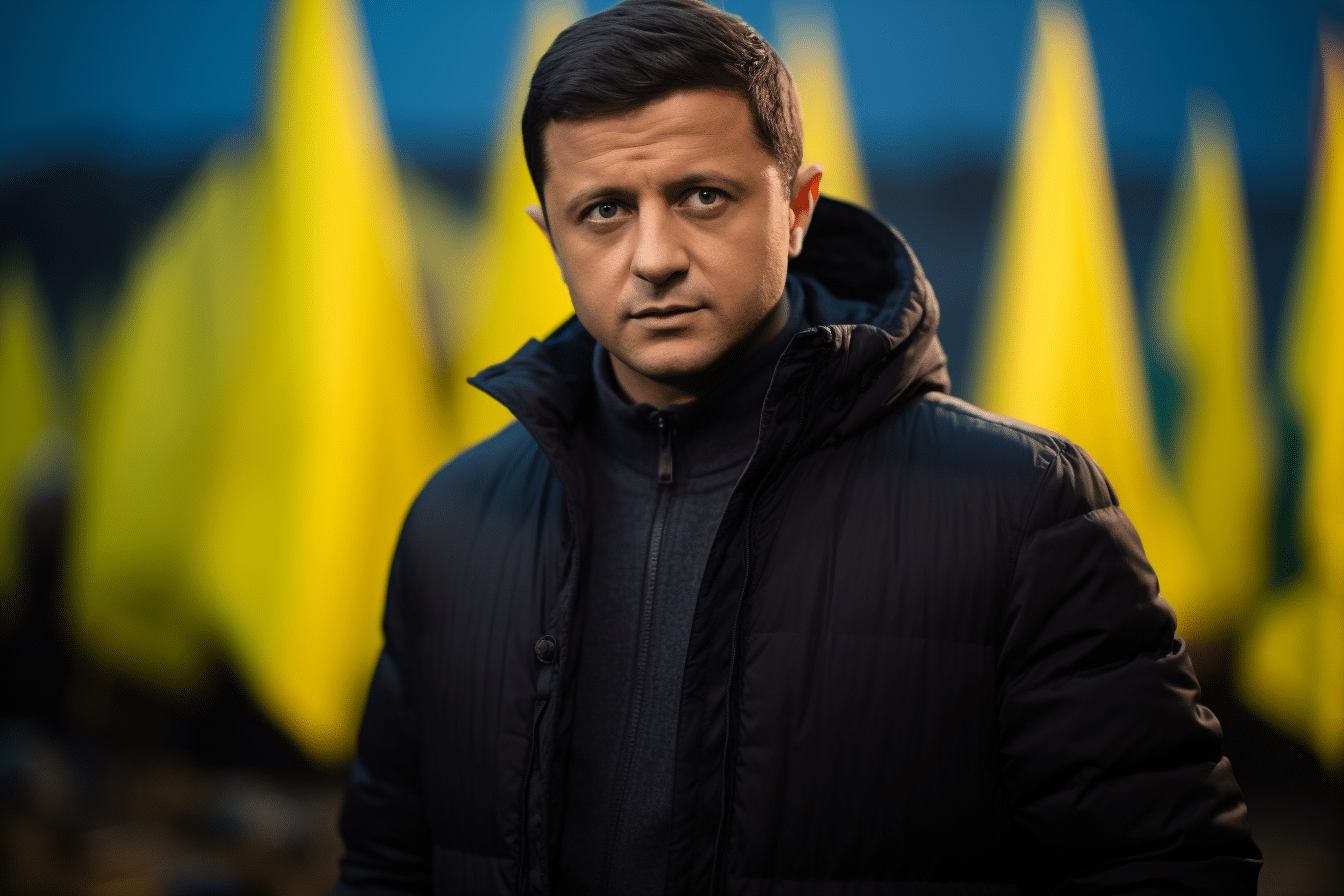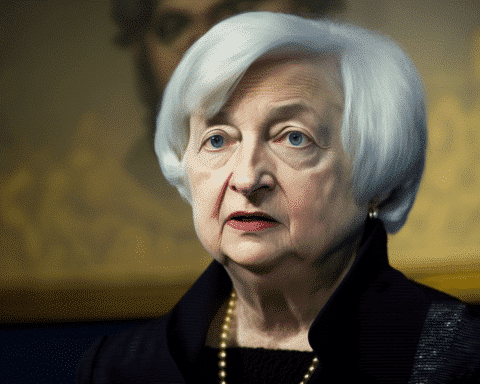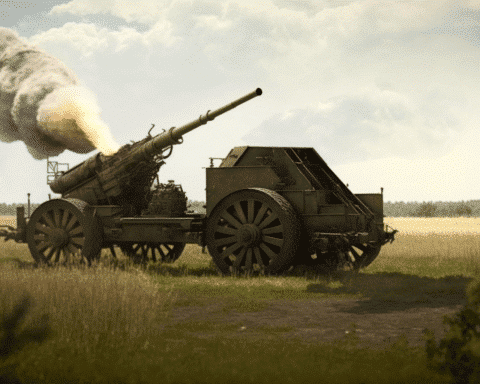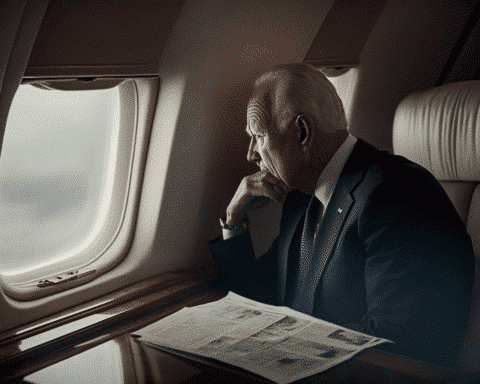A disagreement over the entry of Ukrainian grain into Polish and other EU domestic markets has strained the close partnership between Ukraine and Poland. This marks the most contentious point in their relationship since Russia invaded Ukraine last year.
Polish officials have likened Ukraine to a drowning individual who harms his rescuer and has threatened to broaden a ban on food imports from Ukraine, dealing with ongoing conflict. Ukrainian President Volodymyr Zelenskyy, in turn, has implied that EU countries blocking Ukrainian grain indirectly aid Russia.
Historically a steadfast ally, Poland has supported Ukraine with military aid, humanitarian assistance, and welcoming refugees. However, facing upcoming parliamentary elections and aiming to secure farmer votes, Polish leaders criticize Ukraine’s recent actions, such as filing a World Trade Organization complaint against grain import bans by Poland and two other EU countries.
Speaking at the U.N. General Assembly, Zelenskyy accused some European countries of playing political games at the cost of genuine solidarity. “They are setting the stage for Moscow,” he noted.
Poland’s Deputy Foreign Minister, Pawel Jablonski, strongly objected to Zelenskyy’s statements, stating that Poland has supported Ukraine since the war’s inception.
Tadeusz Iwanski, an expert on Ukraine at a Polish state-funded research center, commented that Ukraine’s assertive diplomacy has been effective so far, possibly emboldening them to press for grain exports as a financial lifeline.
Other analysts have criticized the Polish government, accusing it of jeopardizing Ukraine’s security for electoral gains. Poland’s ruling Law and Justice party is vying for farmer votes, many of whom are unhappy with the influx of Ukrainian food products lowering market prices.
Poland, Hungary, Slovakia, and most recently Croatia have imposed bans on some Ukrainian agricultural goods. These restrictions came after the EU decided to lift similar bans, prompting Ukraine to file a WTO complaint.
Attending the U.N. General Assembly, Polish President Andrzej Duda defended Poland’s stance: “We have the right to defend ourselves against harm.”
The ongoing tensions emphasize the fragility of Ukraine’s Western alliances as its struggle with Russia continues. Although Poland is unlikely to curtail military aid to Ukraine due to its history with Russian rule, a new far-right coalition in Poland argues the country is overextending its support for Ukraine.
The current rift also highlights the competitive nature of agricultural markets in Ukraine and its neighbouring countries, raising questions about Ukraine’s potential EU membership prospects.
Despite challenges, including Russia’s withdrawal from an agreement ensuring safe Ukrainian grain passage through the Black Sea, Ukraine continues to seek alternative routes for its key exports, including a temporary corridor in the Black Sea that has just become operational.
Polish Prime Minister Mateusz Morawiecki warned Ukraine against banning Polish food products, stating that Poland would respond in kind and adding that Ukraine doesn’t seem to grasp the destabilization of Poland’s agricultural market due to the war.
Meanwhile, in Bulgaria, proposals are underway to halt certain food imports from Ukraine, further complicating Ukraine’s efforts to export its agricultural products.
In summary, the ongoing agricultural trade dispute between Ukraine and Poland represents a new low in their previously strong alliance, a situation made all the more delicate by the persistent conflict with Russia. As both nations navigate internal politics and external pressures, the stakes go beyond immediate electoral or economic concerns. The tiff jeopardizes their bilateral relations and the broader geopolitical balance in a region already fraught with tension. While the path to resolution remains uncertain, what is clear is that this rift will test the resilience and limits of European solidarity in the face of ongoing crises.




